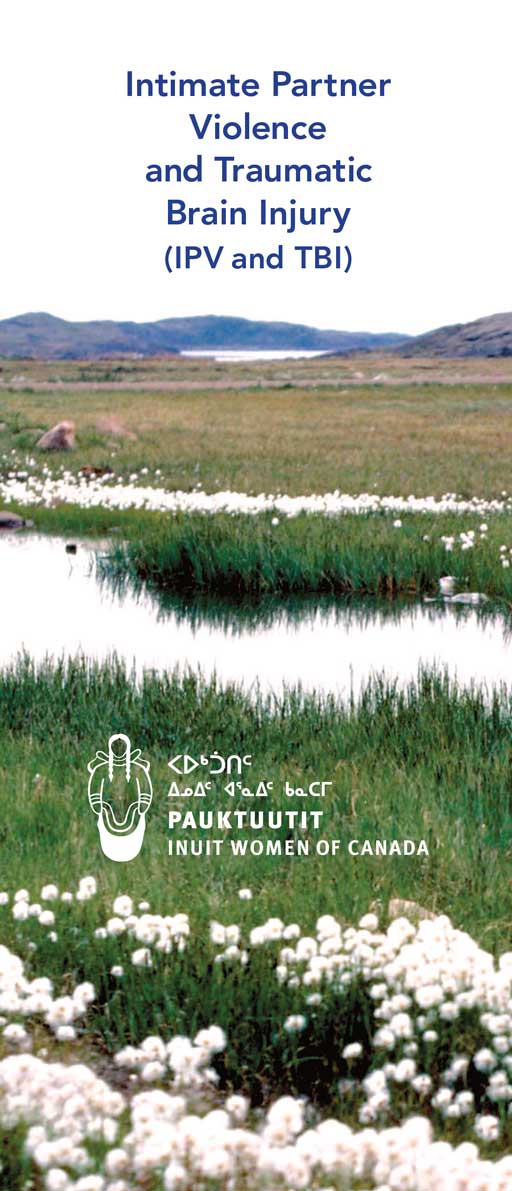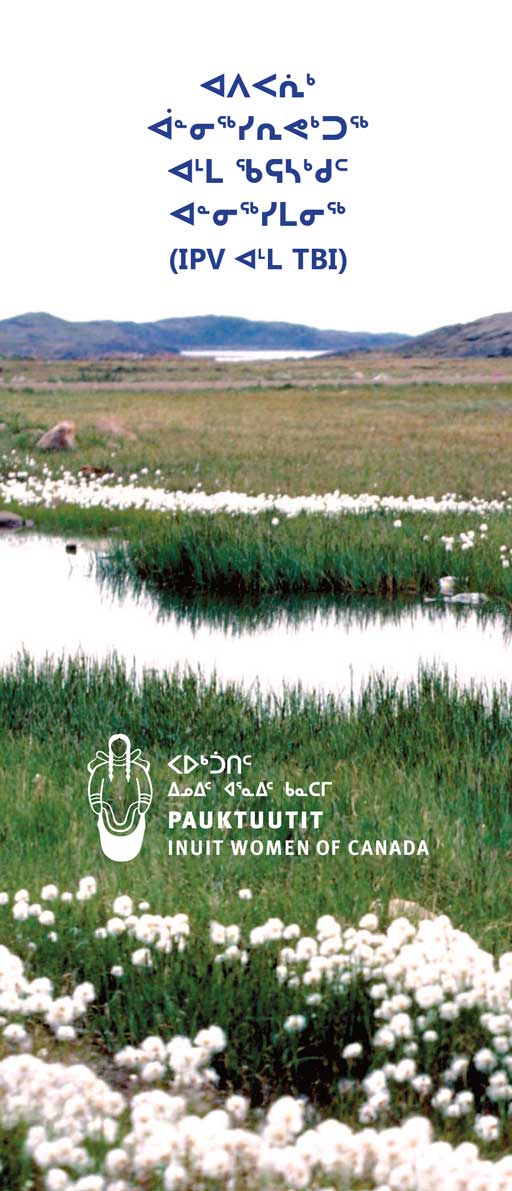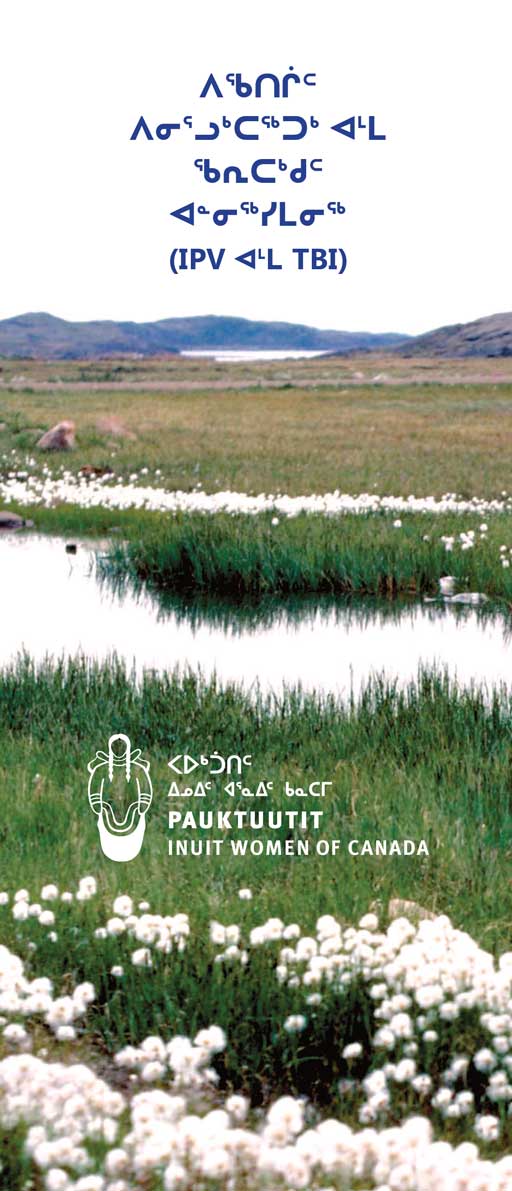Intimate Partner Violence – Traumatic Brain Injury
Intimate partner violence (IPV) refers to physical, sexual, and psychological aggression (including coercive acts and stalking) by a current or former intimate partner, which can include blows to the head, neck, or face. Traumatic brain injury (TBI) is defined as a bump, blow, or jolt to the head caused by an external force that results in loss of consciousness or feelings of being dazed or confused. Brain injuries can produce cognitive, emotional, psychological, and behavioral challenges. IPV survivors can also experience a brain injury from oxygen deprivation following attempted strangulation. Non-fatal strangulation can also cause cognitive, physical, and mood problems, and is a particularly lethal form of IPV. It is estimated that perpetrators of IPV are twice as likely to have sustained a TBI in their lifetime compared to community samples.
In Canada, IPV is strikingly prevalent and heavily impacts women living in Nunavut. Intimate partner violence is the primary cause of physical injury to Canadian women aged 15-44 years (Haag, et all, 2019). Rates of family violence in Nunavut are among the highest in Canada and Inuit women experience violence at rates fourteen times the national average (Haag, et all, 2019).
Through Pauktuutit’s gender-based violence work it became evident that there is also a need to raise awareness about intimate partner violence-related traumatic brain injury (IPV TBI) among Inuit women. The area of concern for Inuit women was that of the critical need for education, including educational campaigns directed at a range of stakeholders using printed materials like flyers and brochures.
To address the concerns surrounding the critical need for education on IPV TBI in the Inuit community, Pauktuutit partnered with Ongomiizwin Health Services, to develop a culturally sensitive brochure on intimate partner violence-related traumatic brain injury.


